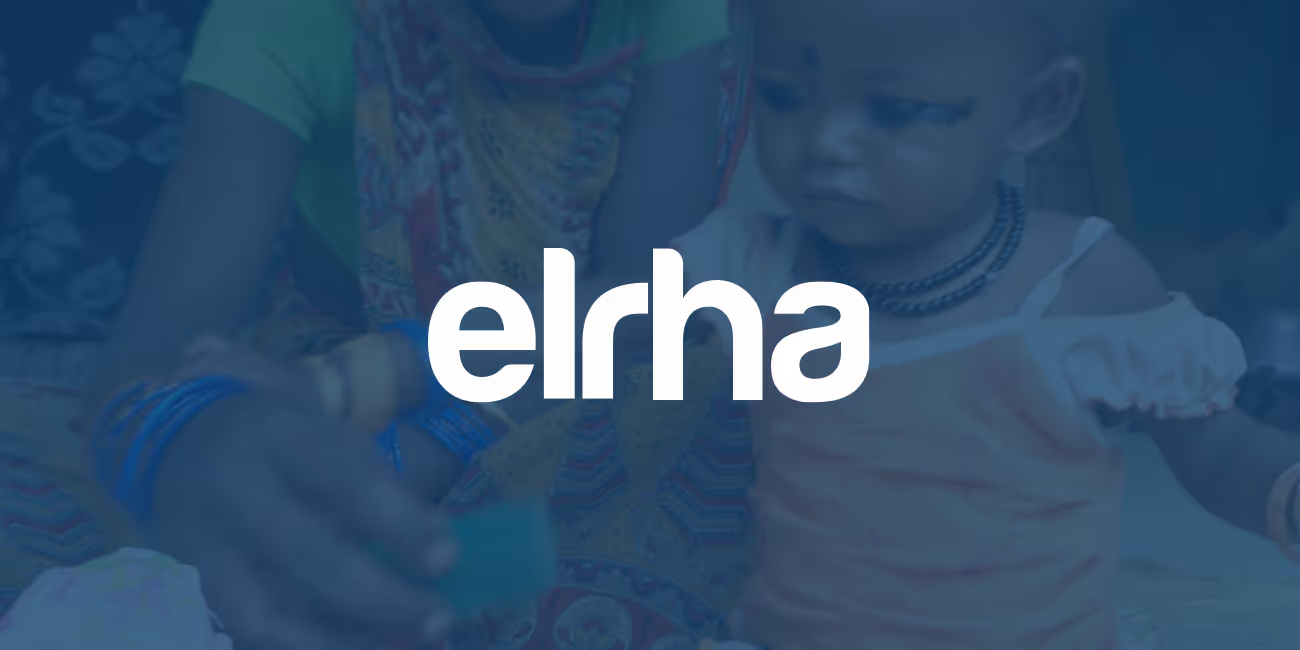Empowerment counselling intervention (ECI) for pregnant women and girls affected by intimate partner violence in a refugee camp in Tanzania

Project overview
To evaluate the feasibility and acceptability of a brief empowerment counselling intervention (ECI) among pregnant women and girls.
Project solution
This project offers [specific solution or intervention] to tackle [challenge]. By implementing [strategies, tools, or innovations], the project aims to achieve [desired outcomes]. The approach is designed to [specific actions or methods] to bring about meaningful change in [community, region, or issue area].
Expected outcomes
This project aims to achieve [specific outcomes], such as [measurable results, improvements, or changes]. The expected impact includes [benefits to the target community, advancements in research or innovation, or long-term effects]. By the end of the project, we anticipate [specific changes or milestones] that will contribute to [broader goals or objectives].
Principal Investigators: Bathsheba Mahenge (Independent consultant), Claudia García-Moreno and Avni Amin (WHO).
Research Snapshot: Empowering pregnant refugees who experience intimate partner violence
Intimate partner violence (IPV) is a public health emergency of global concern and the most common form gender-based violence (GBV) experienced by women. Refugee women have a high risk of experiencing IPV due to multiple compounding factors. This study in Tanzania shows that antenatal care is a potentially feasible setting for a brief empowerment counselling intervention.
[.cta_link]Read the Snapshot[.cta_link]
What did the study set out to achieve?
This study tested SWAP (Strengthening Women's Agency in Pregnancy), an empowerment counselling intervention with pregnant Congolese women and girls attending antenatal care in a hospital in Nyarugusu refugee camp in Kigoma, Tanzania. The intervention proved acceptable, with most requesting further counselling sessions, and showed reductions in physical IPV and improvements in maternal mental health. These results suggest that more comprehensive research including both process and efficacy evaluations would be justified.
What were the key findings?
- Baseline ‘recent’ (i.e. within past three months) prevalence in the study population was high, with 49% of the women experiencing psychological, 23% sexual, and 15% physical IPV.
- The intervention was acceptable to women: 82% of intervention participants returned for more than the minimum two sessions. Physical IPV was reduced by 30% in the intervention group compared to the control group.However, very few women took up external referrals that were offered, in either group.
- The median number of safety planning behaviours adopted was 5 in the intervention group compared to 2 in the control group. The intervention significantly reduced the chances of moderate-to-severe depression by 44% compared to control group.
- Process evaluation involving interviews with survivors and counsellors indicated high acceptability of onsite services during antenatal care visits. Counsellors reported that it was feasible to deliver intervention provided there was dedicated human resource for counselling.
What does this mean for policymakers and practitioners?
This study indicates that embedding empowerment counselling within antenatal care in humanitarian settings may be a promising approach to improve maternal mental health and potentially reduce IPV over time.
Intervention participants welcomed the opportunity to disclose violence in a non-judgmental environment and found confidential on-site counselling intervention acceptable.
This contrasted with the low uptake of referrals to dedicated GBV services which may be potentially more stigmatising to access.
In line with WHO guidelines, the intervention has the potential for being integrated into maternal health as well as emergency preparedness and response policies.
Project delivery & updates
Stay up to date with the latest developments from this project. Here, you will find details on what has been delivered, resources created, and regular updates as the project progresses. Access key documents, reports, and other materials to see how the project is making an impact.